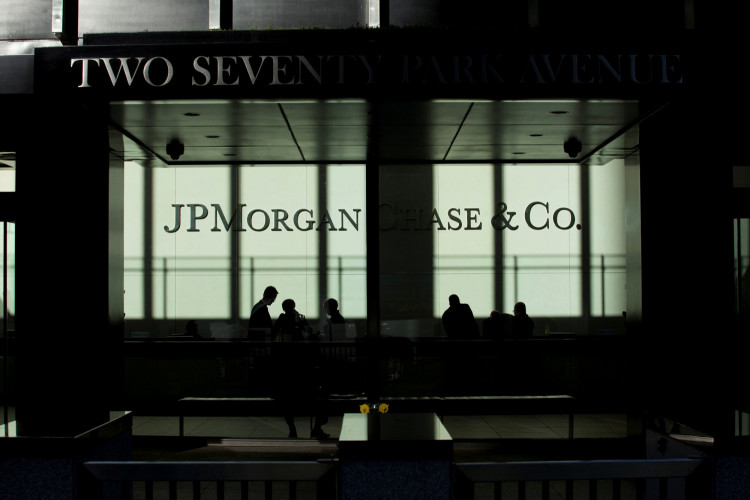Investment bank JPMorgan Chase has agreed to pay $920 million to settle allegations over its involvement in the manipulation of trades of futures tied to Treasury bonds and precious metals.
The Commodity Futures Trading Commission accused JPMorgan Chase of conducting "deceptive" trading practices over a span of at least eight years. The agency said JPMorgan Chase had practiced spoof trading, which involved the submission of orders that were immediately canceled.
The use of spoof trading can create a false environment in the market to make it look like there is a demand for an asset. The commission accused JPMorgan Chase of using this practice to lower or raise prices for its own benefit.
"This action sends the important message that if you engage in manipulative and deceptive trade practices you will be caught, punished and forced to give up your ill-gotten gains," the commission's enforcement director James McDonald said.
Commission chairperson Heath Tarbert said JPMorgan Chase's actions were illegal. He said the record settlement amount demonstrated the agency's commitment to taking a tough stance on companies that break the rules - even if they are among the biggest financial institutions in the world.
The Securities and Exchange Commission said JPMorgan Chase's conduct undermined the integrity of the country's markets.
In its own statement JPMorgan Chase said the violations took place between 2008 and 2016 without its knowledge. It said those involved no longer worked at the company. The bank's joint president Daniel Pinto said the individuals involved had acted in an "unacceptable" manner.
Despite the record fine some remain unsatisfied. Nonprofit organization Better Markets, which is working to reform Wall Street following the 2008 financial crisis, said the settlement was nothing but a "sweetheart deal."






